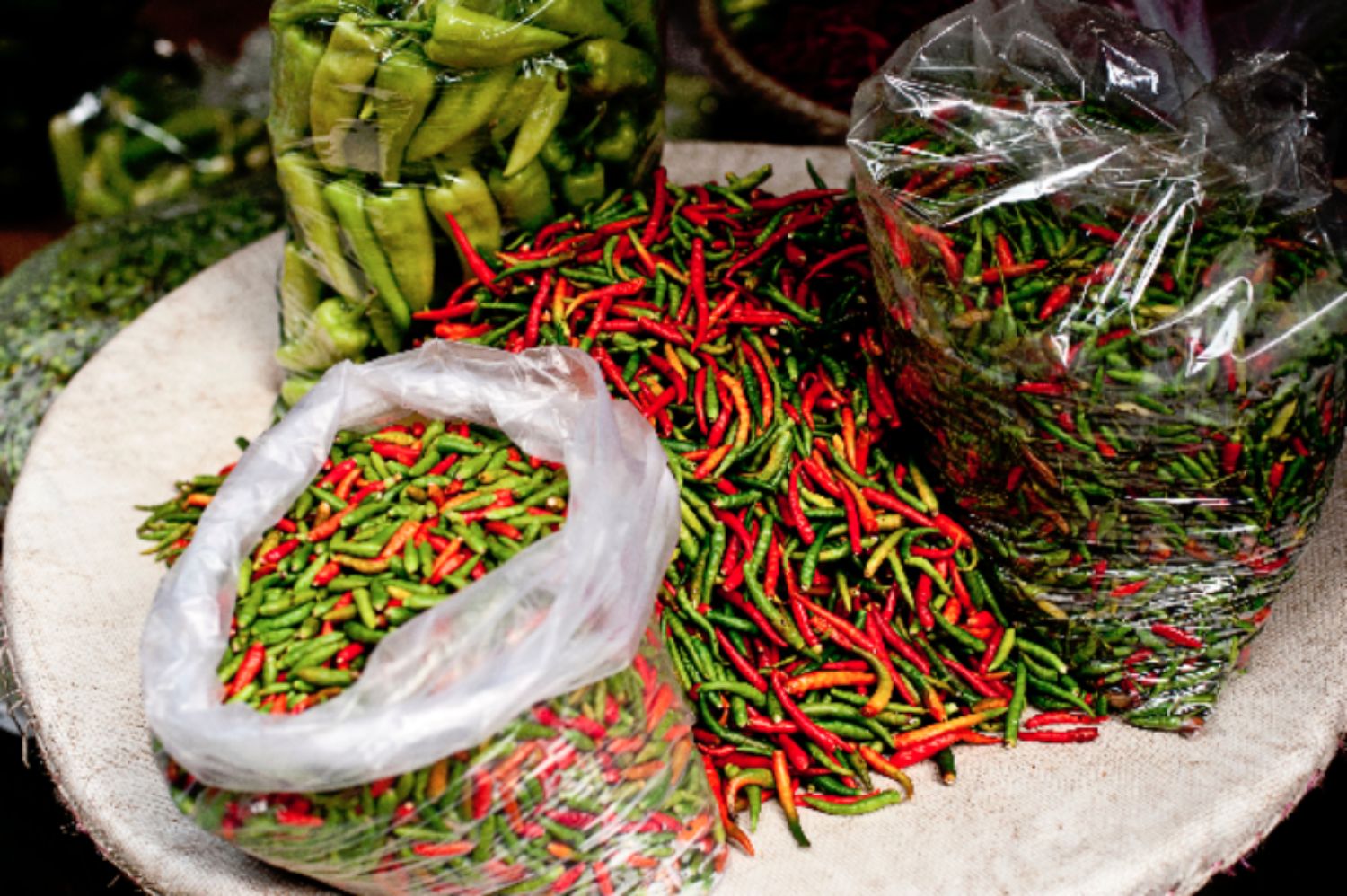 Buy Ambien Buy Xanax Buy Tramadol
Buy Ambien Buy Xanax Buy Tramadol
 Apply Now
Apply Now
 Buy Ambien Buy Xanax Buy Tramadol
Buy Ambien Buy Xanax Buy Tramadol
 Apply Now
Apply Now

Taking Equal Steps Forward For All of Ballarat
By James Westbrook and Jack Miller
This week, Leadership Ballarat and Western Region 2019 (LBWR19) participants were privileged to hear from a range of speakers on the topic off cultural diversity in our community and broader region. We discussed the ‘Cultural Iceberg’, which proposes culture has 2 main components; surface culture, which sits above the water, and deep culture which is hidden beneath the surface. When people meet those who come from different cultures, it is easy for them to make assumptions or judgement about that culture without seeing the full structure. So, what should we as community leaders do to avoid making assumptions or early judgement? We must respect the diversity of our city and region!
We also discussed the difference between a multicultural and intercultural city. A multicultural city is one that contains several cultural or ethnic groups, whereas an intercultural city is one where diversity is deemed to be the norm and is a place where there is communication, interaction and exchange of knowledge between diverse cultural groups. The City of Ballarat is striving to create an inclusive intercultural community that celebrates its diversity, rather than segregating and judging it. LBWR19 believe this intercultural community can achieve a turnaround of the ‘Cultural Iceberg’ and lead to a better understanding and greater acceptance of those from different cultural or racial backgrounds.
The day was beautifully catered by a local social enterprise called ‘A Pot of Courage’ – they are a fine example of our region’s intercultural status.
The content of the day was very confronting, with a lot of emotions shown on both sides of the panel. We undertook the ‘privilege walk experiment’, where we were all given new identities to role-play, and asked questions which sometimes challenged our unconscious biases. At the end of the experiment, those who had stepped in to the lead turned around to see what had happened to the less privileged in our community; they were simply left behind. This has raised the question of whether we are doing enough to help those who really need it to achieve equity in the community. How can we as community members and leaders, help those who were left behind?
As a prereading to the day, the LBWR19 participants watched the ‘Is Australia Racist?’ documentary hosted by Ray Martin. This documentary explored the role and effect that media and our politicians can have in building the general public’s unconscious and conscious biases through the framing of issues by way of language used. The use of terms in media today like ‘illegal immigrants’ in lieu of ‘asylum seekers’, is an effective tactic in building these biases. The common misconception is that those who are seeking asylum, even those arriving on boats without valid travel documents, are not breaking the law, and the intentional use of the words ‘illegal immigrant’ are used to shift opinions in the general public, to suit what those people in power want us to believe. In cases like this, we as community leaders, without power or authority in some instances, need to show leadership without said authority to lead better change.
We drew on personal anecdotes from our guest speakers to discover the ongoing and sometimes brutal discrimination these people face every day to the point where they no longer feel comfortable dressing, acting or even speaking in their true accents because they have been racially discriminated and abused for doing so. I believe as a whole community we need to stand up, call out and speak to those people who do this and think it is okay, and explain to them why it is not, so they don’t do it again. Most of the time, these comments and judgements come from ignorance or a lack of knowledge of the many cultures within our communities. It is our duty to educate those who do not know about the struggles many people from different backgrounds go through every day, especially those of which happen in Australia.
Australia’s past can no longer be swept under the rug, we need to embrace and accept our past atrocities to be able to work together so we can all take equal steps forward, and no one gets left behind.